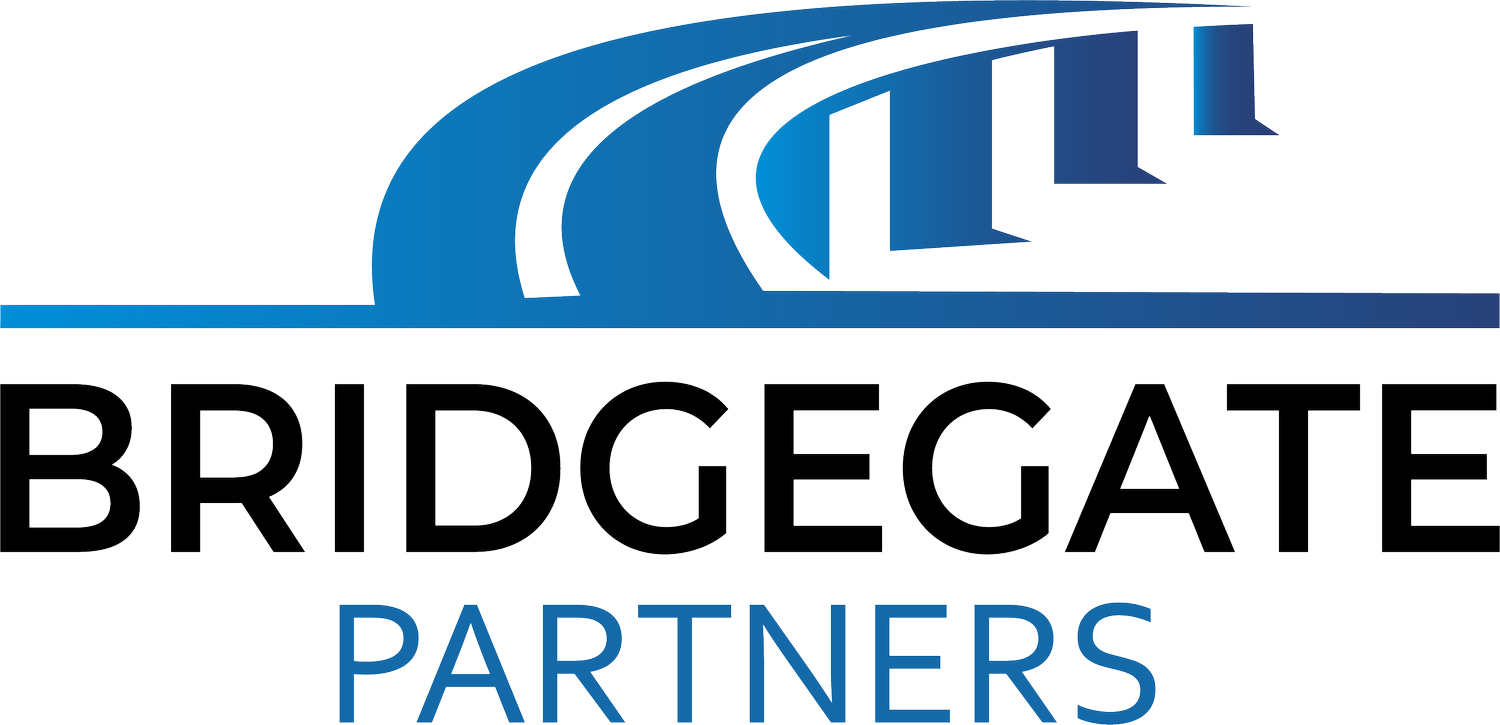7 Ways Your Customer Base and Email List May Add Value to Your Business Sale Price
Ever wonder what value a potential buyer might assign to your customer base and email list?
Afterall, you’ve spent the lifetime of your business creating a loyal customer base. You’ve worked hard to grow and nurture your email list. When it’s time to exit your business, what are these intangible assets worth?
The value of your customer base and email list depends on three factors:
• Size
• Responsiveness or Engagement
• Potential for monetization
There are no rules of thumb for valuing your customer base or email list. However, here are seven ways a buyer might assess your customer base and email list:
1. Size and Engagement of the Mailing List: The larger and more engaged your mailing list is, the more valuable it will be. Metrics such as open rates, click-through rates, and conversion rates are important indicators of engagement. A buyer will want to know the size of the list, how you built it (organically or through paid means), and the demographics and interests of the subscribers.
2. Quality of the Customer Base: A loyal and repeat customer base is highly valuable. A potential buyer will want to understand the purchasing history of your clients, the frequency of their purchases, and any trends in their behavior. Customers who have a history of making large purchases or who purchase frequently are particularly valuable.
3. Retention Rate: The buyer will be interested in the retention rate of both the mailing list subscribers and the customer base. A high retention rate indicates that the customers are satisfied with the products or services and are likely to continue doing business with the company under new ownership.
4. Potential for Upselling and Cross-Selling: If your mailing list and customer base have untapped potential for upselling or cross-selling additional products or services, this will increase their value. A buyer may be willing to pay more for a business that has opportunities for increasing revenue from existing customers.
5. Legal Compliance and Opt-In Procedures: Ensuring that your mailing list complies with relevant data protection laws, such as GDPR or CAN-SPAM, is crucial. A buyer will want assurance you built your email list ethically and legally, with proper opt-in procedures in place.
6. Industry and Niche Relevance: The relevance of your mailing list and customer base to the buyer's industry or niche will also affect their value. If the buyer operates in a similar market or serves a similar target demographic, they may be willing to pay more for access to your list and customer base. On the other hand, if a buyer sees your business as adding to the breath of her current business, it will also enhance the value in the eyes of a potential buyer.
7. Monetization Potential: Finally, the buyer will consider the potential return on investment from acquiring your mailing list and customer base. They'll assess how effectively they can leverage these assets to generate revenue and grow their business.
Bottom Line
If you think of your customer base and mailing list as intangible assets to add to the value of your business, you need accurate data about both to share with a potential buyer. You can even enhance the value of your business by focusing on increasing the size and quality of your customer base and, especially, your email list.
